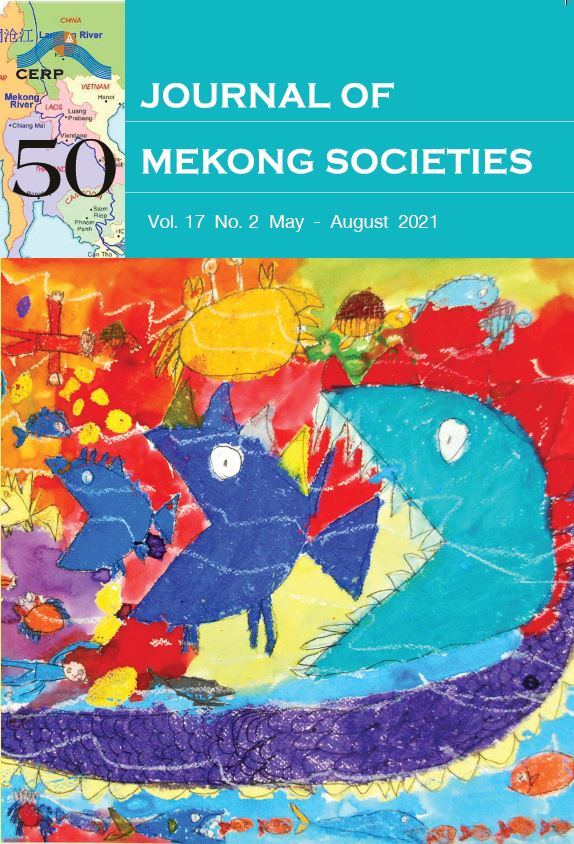The Socio-economic Impact of COVID-19 on Khunchaitong Elephant Community-based Tourism in Surin Province, Thailand
Main Article Content
Abstract
The paper investigates COVID-19’s socio-economic impact on Khunchaitong elephant community-based tourism, and the responses to this crisis by its operating members. This community is located in Surin province, Thailand, where there is a long tradition of living with domesticated elephants in a natural setting. A qualitative study approach was employed in this study with semi-structured interviews of 12 key informants. The findings revealed that the presence of COVID-19 resulted in the government imposing lockdown and mobility restrictions on international tourists who were major customers of Khunchaitong elephant community-based tourism. As a result, it has caused an economic impact which includes income loss for households in the tourism industry, while the social impact from the crisis has resulted in changes to the participants’ ways of life due to stress and anxiety. Only short-term actions were taken to respond to the impact, including household income diversification, following health advice from village health volunteers, and sharing life problems related to the crisis among members of the community. The findings have contributed ideas for policymakers to take necessary actions, particularly actions to transform the community in the long-term during the upcoming post-crisis phase.


